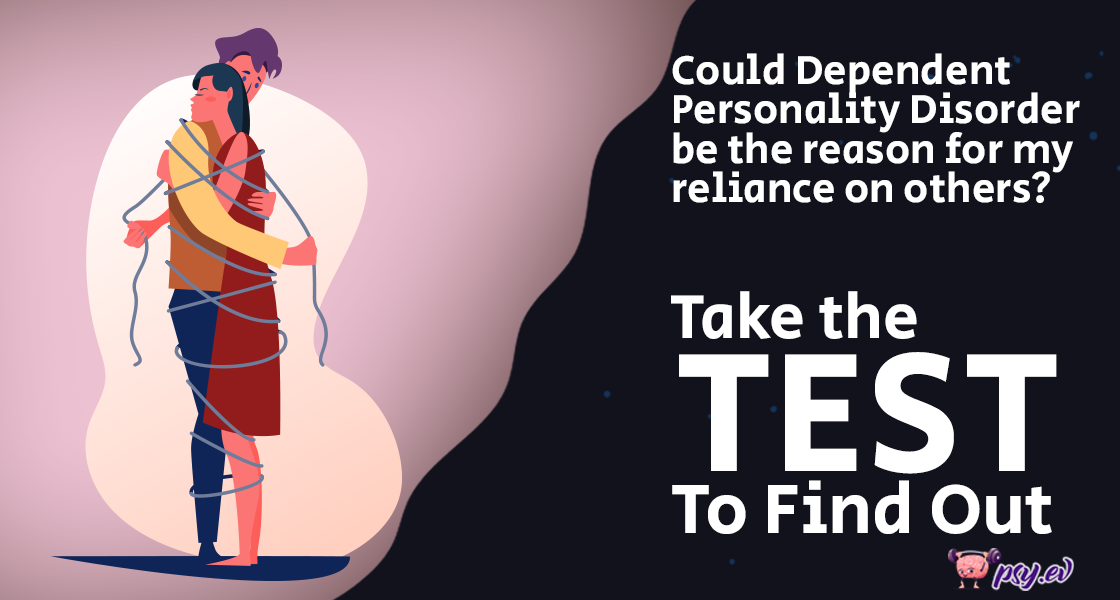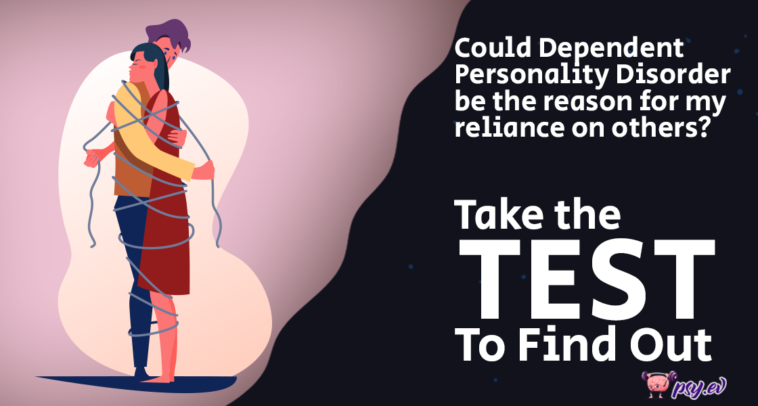This Dependent Personality Disorder Test can help determine whether you might have the symptoms of Dependent Personality Disorder (DPD). Use the test’s results to decide if you need to see a doctor or other mental health professional to further discuss diagnosis and treatment of Dependent Personality Disorder.
Instructions: Please, read the statements listed below. Answer to each item that you believe accurately describes your condition
It’s difficult for me to make everyday decisions without advice and reassurance from others
I rely on my close ones for the responsibility of important things of my life
If I don’t agree with others I find it difficult to express my disagreement openly, because I fear that I would lose their support on important issues
I feel comfortable taking the initiative
I try to avoid doing something on my own without support from others
Even if it’s unpleasant, I do what my close ones want me to do because I need to keep important bonds in my life
I’m not able to care for myself
I can’t stand being along
If my close relationship ends, I would be desperate to replace it, because it’s essential to me to have a source of care and support
I’m preoccupied with fears of being left to take care of myself
The main signs of dependent personality disorder include:
difficulties in making everyday decisions without a great deal of advice and reassurance from others;
dependence on others to take responsibility for the most important issues in their lives;
problems in taking initiative and doing things on their own because of a lack of self-confidence;
need to obtain nurturance and support from others;
feeling uncomfortable or helpless when alone because of exaggerated fears of being unable to care for themselves; and other symptoms.
This test covers all the symptoms of Dependent Personality Disorder. However, as any other self-reported test, it does not replace proper professional assessment. If your score indicates that, you have a probability of having a dependent personality disorder, but proper mental health assessment does not find any, it means that the test is mistaken in your case and provided a false-positive result.


